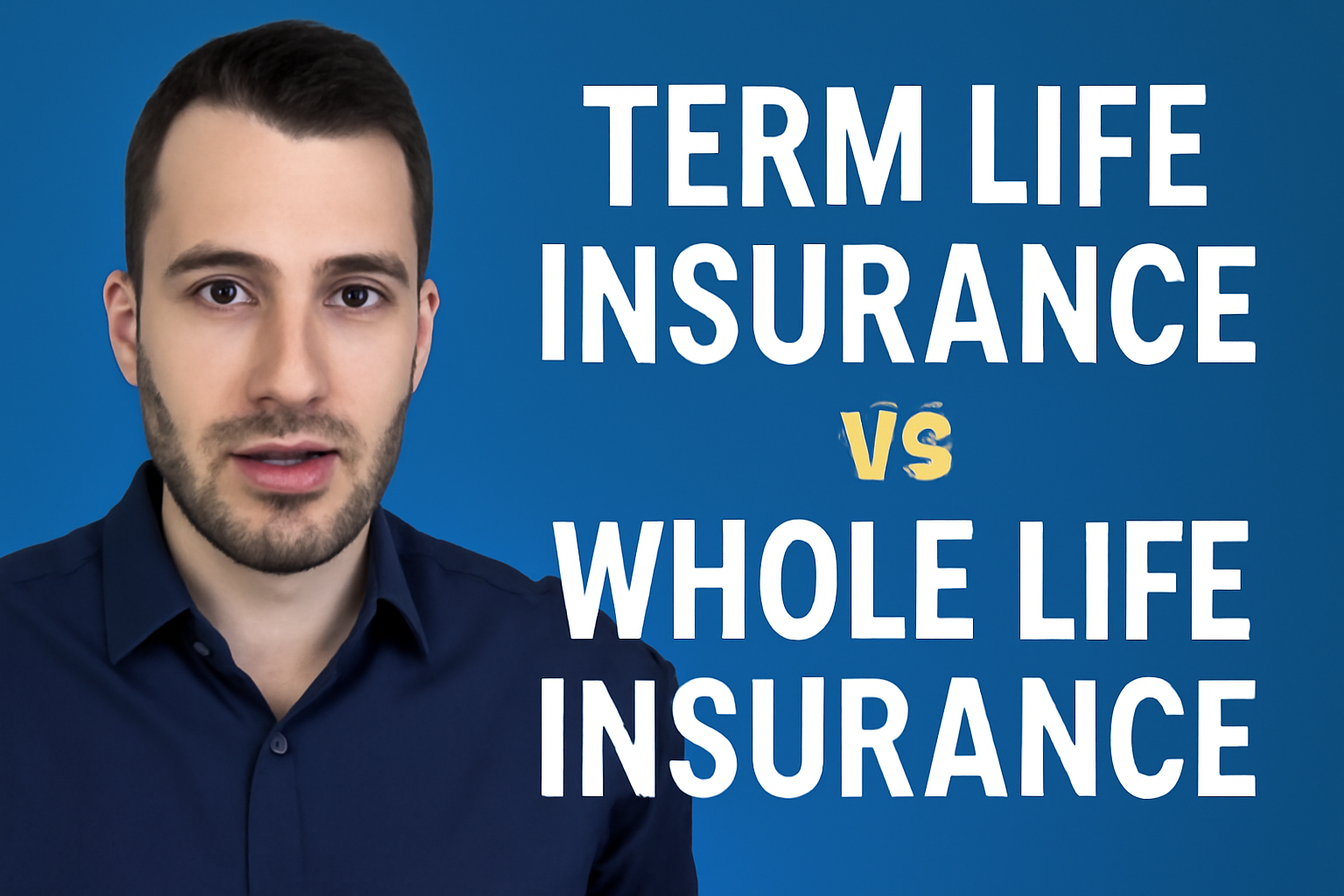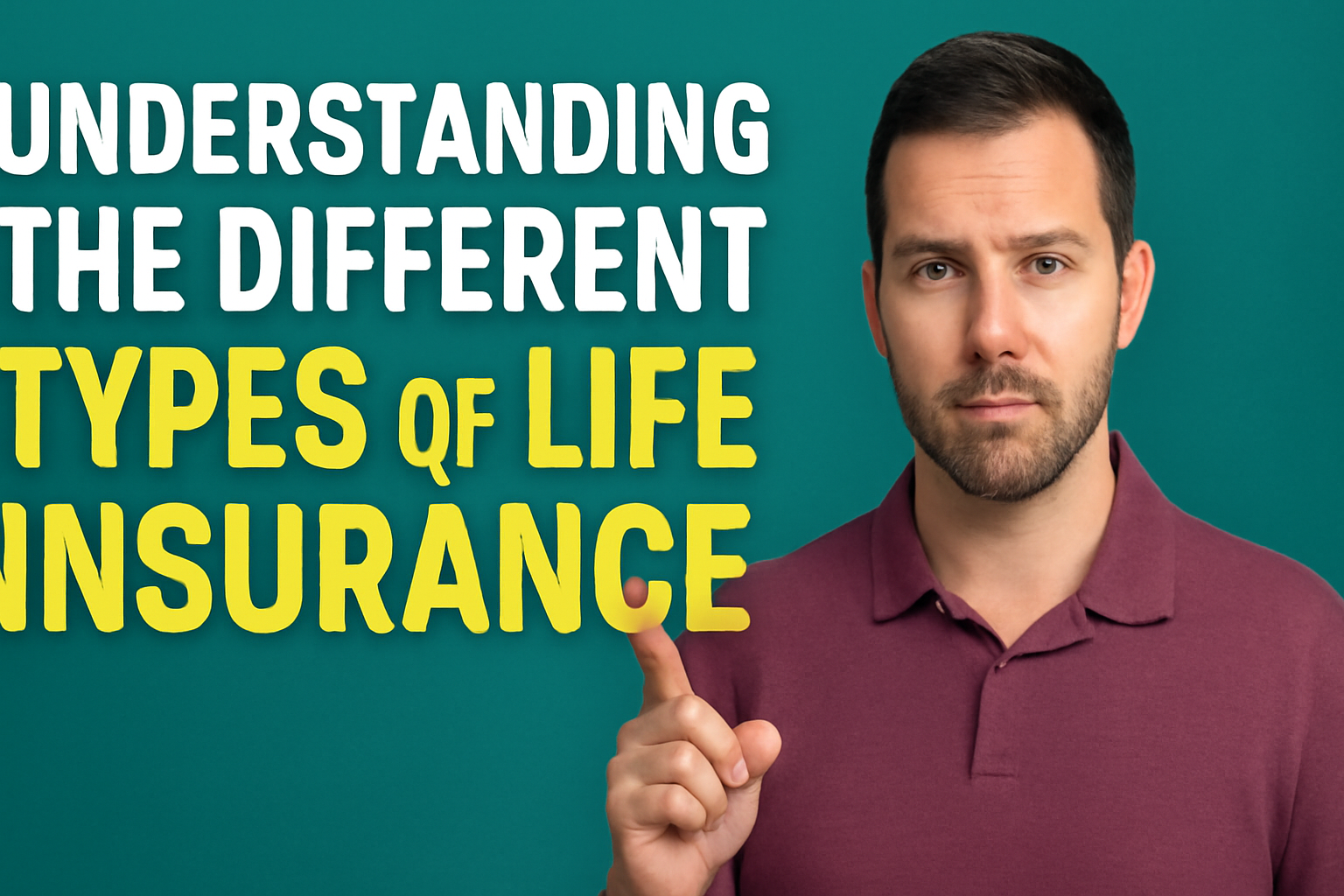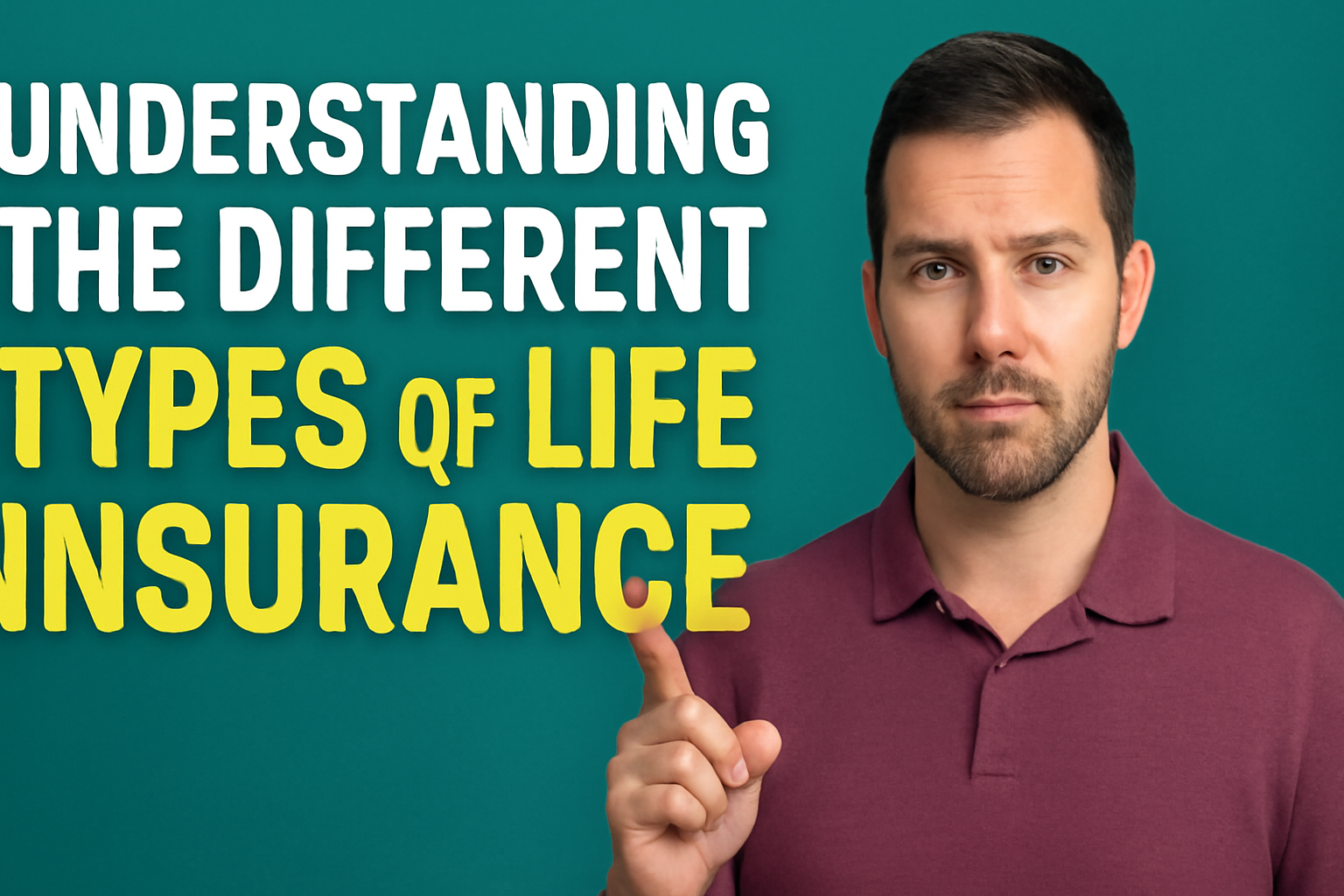Introduction to Life Insurance
Welcome back to Whiteboard Finance! My name is Marco, and I’m here to help you master your money and build your wealth. In this video, we’re going to talk about the differences between term life insurance and whole life insurance. So, insurance is one of those things in life that’s pretty much necessary because, well, life happens. I could finish recording this video right now, go for a bike ride, and get hit by a car, and that’s that—Whiteboard Finance is over. Even though I’d like to think that my audience would create a, you know, Facebook memorial page and share my videos into eternity, we all know that probably wouldn’t happen. So, the fact is, we’re all eventually going to need life insurance at one point or another all throughout our lives.
Today’s Sponsor: SimpliSafe
Before I get into that, however, I’m actually excited to announce that I did decide to make this a sponsored video. Today’s sponsor is SimpliSafe, an excellent home security system that’s completely wireless. The only reason I’m recommending it is because I use it myself. If I didn’t use it myself and know and trust it, I would not make this a sponsored video.
What is Term Life Insurance?
So, what is term life insurance? Term life insurance provides coverage typically for a set period of time, and most people go with 20 to 30 years on this. You can go less, you can go more, it all depends on what you want and what suits your needs. So, if you or your spouse passes away during this time, you’re then paid the benefit of whatever the policy is. If the policy is worth, let’s call it 500,000, and you croak within these 20 to 30 years, your beneficiaries, it’s usually your spouse or your children or whoever you assign as the beneficiaries, will get this payout.
The Affordability of Term Life Insurance
The nice thing about term life insurance is that it’s very affordable. It’s actually much more affordable than whole life. Typically, for every seven dollars in term life insurance for, let’s call it a 20-year coverage period, you’re probably going to be paying closer to a hundred dollars in whole life insurance for a 20-year period. That’s just how the premiums shake out, and I’ll get into that more in depth later.
No Cash Value in Term Life Insurance
Term life insurance has no cash value. You’re not paying into any premiums, you’re not investing any money. So, let’s use that 500,000 as an example. You pay a set amount per month, let’s just call it 20 bucks, and you get this amount of coverage. You’re not building anything, you’re not making any interest on that money. Think of it like car insurance: you’re just paying a set amount per month to get a certain amount of coverage.
Pros of Term Life Insurance
The pros of term life insurance are that it’s a great choice for people looking to replace their income. So, if you’re someone who has a family of four and you’re making 50 grand a year, you should typically have something that covers about 10 to 12 times your annual salary. In the event of your death, your spouse or whoever your beneficiary is can take that lump sum, invest in the market, and hopefully live off the interest that would have been paid to you as your salary. This is also good for debt payoff. The premiums are much lower than whole life insurance, so you can actually use this to put down towards debt and pay off your debts and get out of debt.
Cons of Term Life Insurance
One of the biggest cons of term life insurance is that it’s costly to renew. For example, if you’re 30 years old and get a 30-year policy, and you still need it when you’re 60 years old, it’s going to be a lot more expensive than when you were 30. When you’re younger, you have more life to live and are generally healthier, but when you get older, you have less time to live, meaning the policy has a higher chance of being paid out.
What is Whole Life Insurance?
Now let’s get into whole life insurance. Whole life has three components that we need to talk about, and this is what differentiates it from term life insurance. The first one is the premiums that you pay. Whole life is more expensive than term, and that’s why the premiums are higher. The second component is the death benefit, which is just the amount that you’re paid upon your death. And finally, the third component is the cash value.
Cash Value in Whole Life Insurance
The cash value is the savings component or the investment component of a whole life policy. When you pay your premium, a portion of that premium goes towards building the cash value. However, for the first 5 to 10 years, most of the premium goes towards funding the death benefit and covering administrative fees.
Cons of Whole Life Insurance
Some of the cons of whole life insurance include that it’s expensive, very inflexible, and the cash value accumulation is slow. Additionally, the cash value doesn’t go to your family. When you pass away, only the death benefit is passed to the beneficiaries, not the cash value.
Benefits of Whole Life Insurance
The benefits of whole life insurance include coverage for life (not just a set period like term life), guaranteed premiums, and a non-taxable cash value that you can borrow against. However, borrowing against the cash value can be expensive, as you’ll have to pay a percentage on your own money.
Cost Comparison Between Term and Whole Life Insurance
Let’s do a quick cost comparison example. Say we have a 31-year-old guy with a $100 a month budget for insurance. For term life insurance, he could get $125,000 in coverage for just $7 a month. For whole life insurance, the same amount of coverage would cost $100 a month. If he invested the $93 difference from term life into the market at 8% interest, he would end up with $52,917 in 20 years. In contrast, the cash value of the whole life policy would grow at 1.5% to 2.2%, ending up with only $25,983.
Conclusion
In conclusion, I hope this video was valuable for you. There are obviously different policies, different companies, and different coverage amounts that need to be taken into consideration. I’m not talking about health or age factors here, but just wanted to give you the big open facts about the difference between whole life insurance and term life insurance. Thanks for watching, and I hope you found this video helpful!



